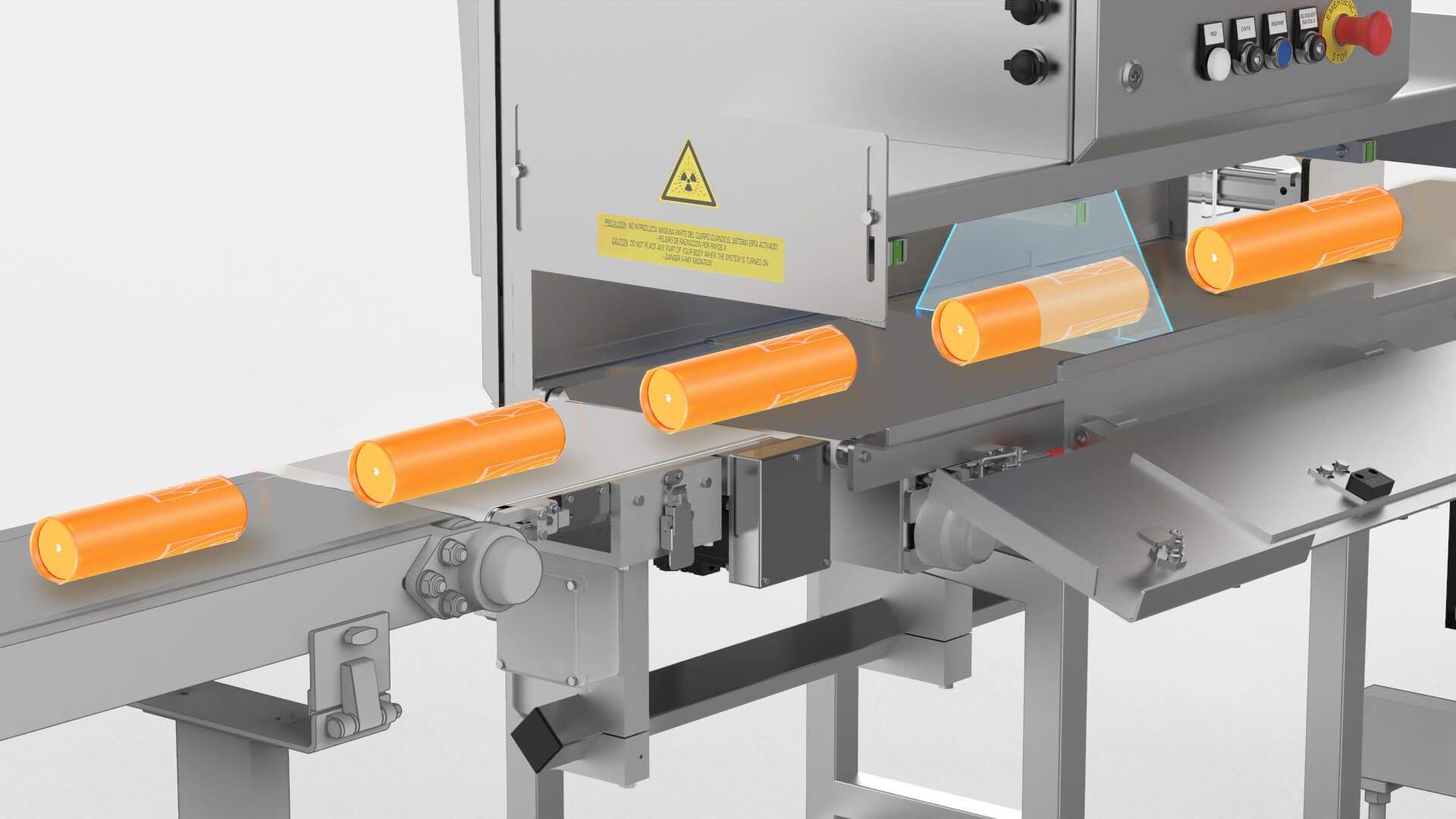The food industry is a key sector both globally and in Spain, representing a significant part of GDP and employment. It is a dynamic sector that ranges from the production of raw materials to the distribution of food to the end consumer.
Today, innovation and process optimisation are essential to meet the challenges of sustainability and efficiency posed by this constantly evolving sector.
At Varpe Control de Peso we design and manufacture quality equipment that helps to optimise manufacturing and its costs and achieve excellence.
Today, innovation and process optimisation are essential to meet the challenges of sustainability and efficiency posed by this constantly evolving sector.
At Varpe Control de Peso we design and manufacture quality equipment that helps to optimise manufacturing and its costs and achieve excellence.














